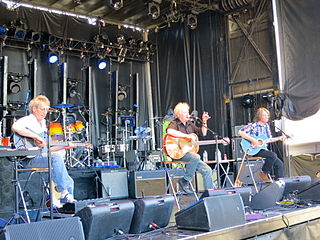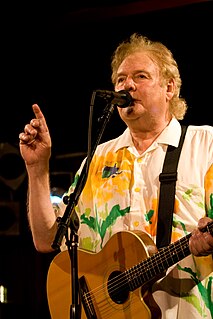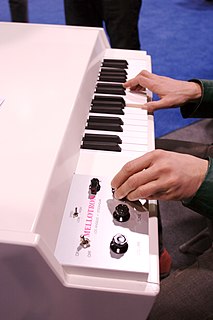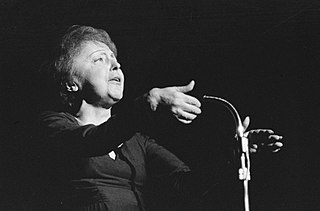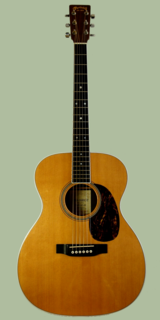
Grave New World is the fourth studio album by English band Strawbs, their fifth overall. It was the first album to be released after the departure of Rick Wakeman, under circumstances about which band leader Dave Cousins was very bitter. Cousins has admitted that the track "Tomorrow" was written about Wakeman. Happily their friendship survived and the two have since performed and recorded together, releasing an album Hummingbird in 2002.

Hero and Heroine is the 6th studio album by English band Strawbs.

Deep Cuts is the ninth studio album by English band Strawbs.

Deadlines is the 11th studio album by English band Strawbs.
"Lay Down" is a song by English band Strawbs featured on their 1973 album Bursting at the Seams. Their first hit single, it had peaked at No. 12 in the UK Singles Chart late the previous year.
"Here It Comes" is a song by the English band Strawbs. It did not appear on any of their studio albums, but it was included on two compilation albums: Strawbs by Choice and Halcyon Days. Written by bandleader Dave Cousins, "Here It Comes" shows definite pop influences and a more commercial view to song-writing, a trait that would extend to the next single, "Lay Down".
"The Man Who Called Himself Jesus" is a song by English band Strawbs written by Dave Cousins. It appears on their album Strawbs. An alternative mix of the song may be found on the 2006 box set A Taste of Strawbs.
"Oh How She Changed" is a song by English band Strawbs written by Dave Cousins and Tony Hooper. It was the first single to be released by Strawbs and later appeared on their 1969 album Strawbs. An alternative mix of the song appears on the 2006 box set A Taste of Strawbs and a re-working on 2009's Dancing to the Devil's Beat.
"Hey Little Man ... Thursday's Child" is a song by English band Strawbs written by Dave Cousins. The track is to be found on the Grave New World album and the lyrics depict a father talking to his son. The song can be considered to be continued on a later track from the same album – "Hey Little Man ... Wednesday's Child", which has the same tune but different lyrics. The song is performed solely by Dave Cousins.
"Hey Little Man ... Wednesday's Child" is a song by English band Strawbs written by Dave Cousins. The track is to be found on the Grave New World album and the lyrics depict a father talking to his son. The song can be considered to be a continuation from an earlier track from the same album – "Hey Little Man ... Thursday's Child", which has the same tune but different lyrics. The song is performed solely by Dave Cousins.

"Shine on Silver Sun" is a song by English band Strawbs featured on their 1974 album Hero and Heroine. It is written by Dave Cousins and was intended as a "come-back" single after the post-"Part of the Union" band split. The single was a minor success peaking at number 34 in the UK Singles Chart.
"Hero and Heroine" is a song by English band Strawbs featured on their 1974 album of the same name. It is written by Dave Cousins and has obvious drug allusions, the main reason it didn't get much airplay on BBC radio. The song is in a similar vein to an earlier track "Witchwood" but with rather more obvious allegory.
"Autumn" is a three-part song by English band Strawbs featured on their 1974 album Hero and Heroine. The final part "The Winter Long" was released as a single in 1974 under the title "Hold on to Me ".
"Queen of Dreams" is a song performed by English band Strawbs and written by Dave Cousins. The track first appeared on the 1972 Grave New World album.
"The Flower and the Young Man" is a song by English band Strawbs written by Dave Cousins. The track first appeared on the Grave New World album.
"Tomorrow" is a song by English band Strawbs credited as a band composition with the main idea by Dave Cousins. The track first appeared on the Grave New World album.
"On Growing Older" is a song by English band Strawbs written by Dave Cousins. The track first appeared on the Grave New World album, although it was written and recorded a few years earlier. The original recording was later released on the Strawberry Sampler Number 1 album.
"I Only Want My Love to Grow in You" is a song by English band Strawbs featured on their 1976 album Deep Cuts.
"Charmer" is a song by English band Strawbs featured on their 1976 album Deep Cuts.

